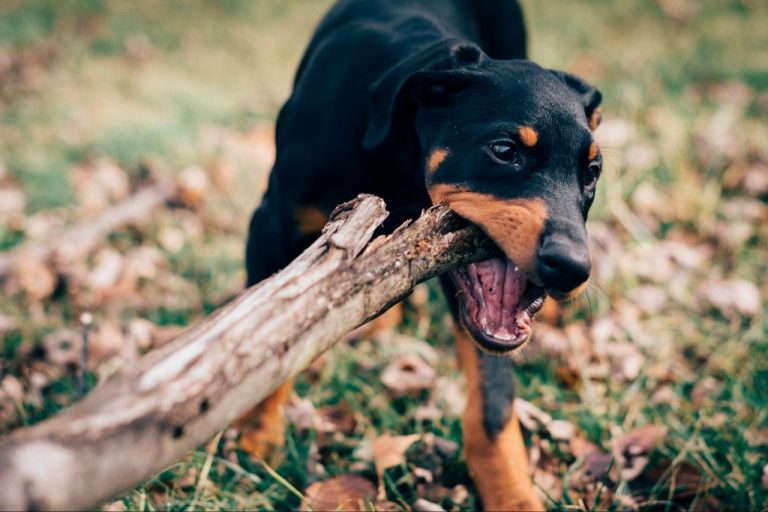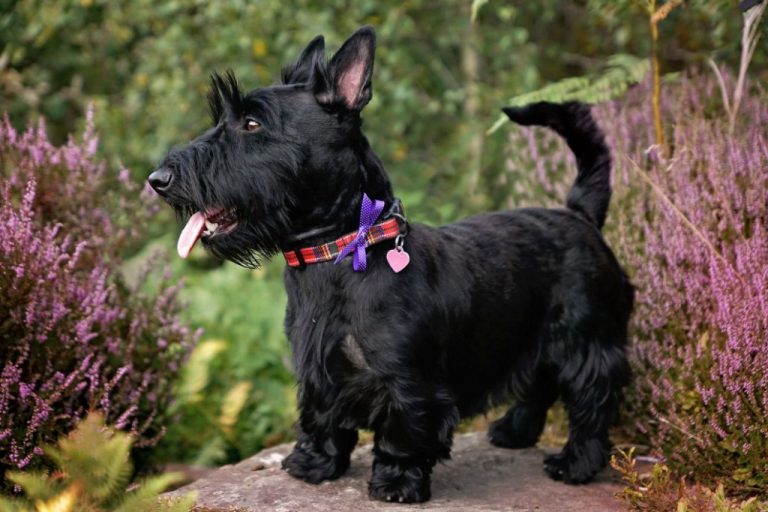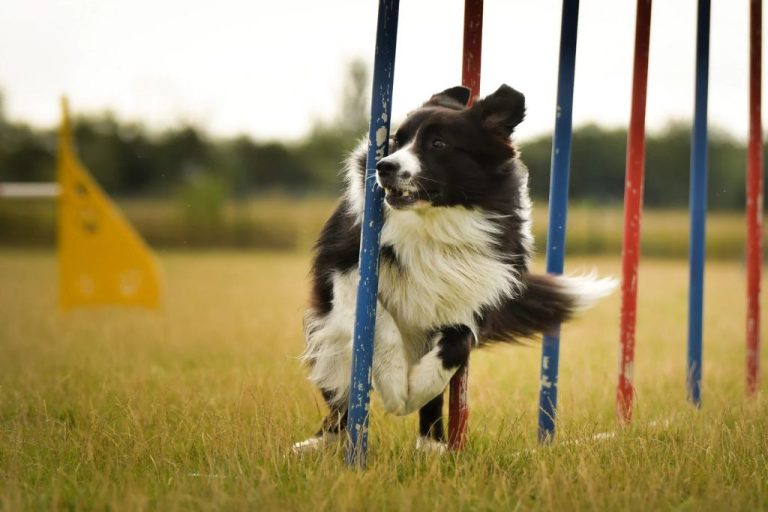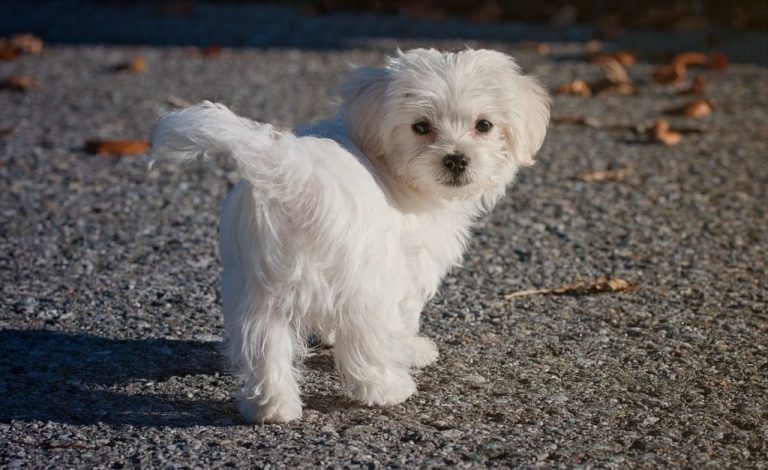Bernese Mountain Dog: Traits And Characteristics Of A Gentle Giant
The Bernese Mountain Dog is a large and gentle breed that is known for being a laid-back but robust work dog. Often referred to as a “Gentle Giant”, the Bernese Mountain Dog has a calm and affectionate nature despite its massive size. Originally bred as farm dogs in the Swiss Alps, Bernese Mountain Dogs were used for tasks like pulling carts, driving cattle, and guarding property. Today, they are primarily loved as family companions and show dogs thanks to their loyal and friendly temperament. This large yet docile breed makes an excellent household pet when provided with sufficient exercise and socialization. Their gentle, patient disposition combined with their imposing physical stature is what earns them the “Gentle Giant” nickname.
History
The Bernese Mountain Dog originated as a farm dog in the Swiss Alps around 2,000 years ago. According to the American Kennel Club, the ancestors of the Bernese Mountain Dog were Mastiff-type dogs and large black-and-tan dogs with white markings brought to Switzerland by the Romans. These dogs were bred with local Swiss farm dogs to create the foundation of the Bernese Mountain Dog breed.
The Bernese Mountain Dog was a versatile working dog on Swiss farms in the Bern region, pulling carts, driving livestock to pasture, and acting as watchdogs and companions. Their build allowed them to traverse rough mountainous terrain while their thick coats protected them from cold weather. The farmers selectively bred them for desirable traits like strength, friendliness and intelligence.
The name “Bernese Mountain Dog” likely derives from the large breed’s origin in the Swiss canton of Bern. The Bernese Mountain Dog became officially established as a breed in the late 19th century. The breed gained popularity beyond Switzerland in the early 20th century and was recognized by major kennel clubs including the American Kennel Club in 1937.
Physical Characteristics
The Bernese Mountain Dog is a large, sturdy breed with a muscular and robust build.1 They have a broad, flat skull and strong jaw with a scissors bite. Their eyes are dark brown and almond shaped. Bernese have long, triangular ears that hang close to the head.
One of the most distinctive features of the Bernese Mountain Dog is their long, thick, and silky coat. Their coat is always tri-colored with a black base and bright rust and white markings. They have white markings on the face, chest, feet, and tip of the tail. There are rust colored markings above each eye, on the cheeks, front of the legs and under the tail.
Height at the shoulder is around 25-27.5 inches for males and 23-26 inches for females. Weight ranges from 80-115 pounds for males and 70-100 pounds for females.2 Their large size and sturdy build allows them to work as draft and cart dogs.
Temperament
Bernese Mountain Dogs are known for having a gentle, affectionate, and loyal temperament. They thrive when they can be close to their owners and aim to please them. This breed is very intelligent and attentive, picking up on commands easily.
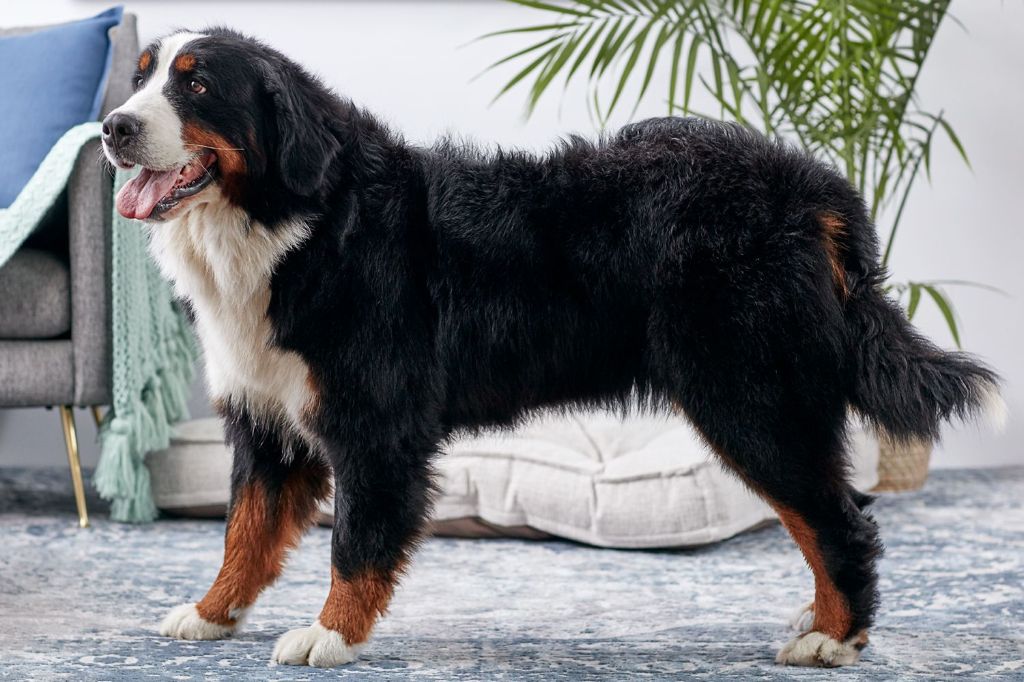
The Bernese Mountain Dog is calm and easygoing when properly exercised and stimulated. They are not overly excitable but do enjoy playtime. Overall, their sweet nature and desire to be with their family makes them wonderful companions.
According to the AKC, “Berners are generally placid but are always up for a romp with the owner, whom they live to please.”1 Their affectionate and loyal personality has earned them the nickname “Velcro dog.”
The breed’s intelligence means they pick up on training quickly. However, their aim to please means they do not respond well to harsh commands. Positive reinforcement training methods work best.
Care & Grooming
Bernese mountain dogs have moderate grooming needs. Their thick, moderately long double coats require regular brushing to minimize shedding and keep the coat free of mats and tangles.
It’s recommended to brush a Bernese mountain dog at least twice per week. Use a slicker brush to remove loose hairs and a metal comb to detangle the coat. Pay close attention to the areas behind the ears, legs, and belly, where mats are most likely to form.
Bathing is only needed every 2-3 months, or when the dog becomes dirty. Overbathing can strip the coat of essential oils. Use a mild shampoo made for dogs and thoroughly rinse out all shampoo residue.
Other routine grooming tasks include trimming the nails as needed, checking the ears weekly, and brushing the teeth regularly.
While some owners opt to trim the fur on the feet for neatness, the Bernese mountain dog’s coat should otherwise be left natural. Professional grooming is not necessary, but owners less experienced with dog grooming may benefit from an occasional visit to the groomer.
With its moderate grooming requirements, the Bernese mountain dog can be maintained beautifully with weekly brushing and minimal bathing (Source). This loyal companion responds very well to the one-on-one attention of a thorough brushing session.
Exercise & Activity
Bernese Mountain Dogs have medium to high energy levels and require daily exercise to stay physically and mentally stimulated. They enjoy and benefit from activities like brisk walking, hiking, and swimming according to this source. Most sources recommend around 30-60 minutes of exercise per day. As puppies, it’s important not to over-exercise them while their joints are still developing. Monitor playtime and don’t engage in high impact activities. Once fully grown around 18-24 months, healthy Berners can handle longer walks, hikes, running beside a bike, and playing fetch. Mentally stimulating activities are also important like obedience training, agility, or interactive toys. Ensure they get a good balance of physical exercise and mental stimulation.
According to some Berner owners on this Reddit thread, Berners may not require extensive amounts of physical exercise, but need adequate daily mental stimulation. Work on training, commands, and interactive play can tire them just as much as a long walk.
Health & Lifespan
The Bernese Mountain Dog is prone to certain health conditions. Some common issues include hip and elbow dysplasia, cancer, bloat, and eye problems like progressive retinal atrophy (PRA). According to Canine Journal, large breeds often have hip dysplasia which causes the femur bone to improperly meet the hip socket. Elbow dysplasia is also common and happens when the elbow joint develops abnormally, leading to lameness. Cancer and histiocytic sarcoma are unfortunately frequent in the breed.
Owners should also be aware of the risk of bloat, a life-threatening condition where the stomach twists. Bernese Mountain Dogs should be fed multiple smaller meals per day rather than one large meal to help prevent bloat. Regular vet checkups to screen for eye issues and joint problems are also recommended.
The average lifespan of a healthy Bernese Mountain Dog is 8 to 10 years. Providing excellent nutrition, regular exercise, vet care, and early health screening can help ensure a long, happy life.
Training
Bernese mountain dogs tend to respond very well to positive reinforcement training. They are eager to please and enjoy learning new behaviors and commands. It’s important to start training and socializing them early as puppies through reward-based methods. Training should be kept fun and rewarding with plenty of praise, treats, and play. Bernese mountain dogs can be sensitive, so harsh corrections or punishment is not recommended. Instead, ignore unwanted behaviors and reward wanted ones. Keep training sessions short and upbeat. With consistency and an upbeat approach, Bernese mountain dogs can learn basic commands, leash manners, and tricks. Their working dog background means they often excel at dog sports like agility, tracking, carting, and drafting if properly motivated. Their sensitivity requires patience in training, but their desire to please makes them generally quick learners.
Living With
Bernese Mountain Dogs are known for their friendly and sociable temperaments that make them excellent with children and other pets. According to this source, Bernese are extremely affectionate and good-natured, often believed to be one of the least aggressive dogs toward humans. Their patient, calm, and gentle personality makes them very tolerant of children. They enjoy playing with kids and will put up with a fair amount of roughhousing and tail and ear pulling from little hands.
Their amiable nature also allows Bernese Mountain Dogs to get along well with other pets, especially if socialized from a young age. They generally don’t have a very high prey drive compared to some other working breeds. With proper introductions and supervision, Bernese can become fast friends with other dogs, cats, and pets in the household. Of course, it’s still important to teach children how to properly treat animals with kindness and respect.
Finding a Bernese Mountain Dog
Here are some tips for finding a Bernese Mountain Dog:
Reputable Breeders
Work with a responsible, ethical breeder who screens for health and temperament. Breeders should provide health clearances for issues like hip dysplasia. Make sure they breed to better the breed, not just for profit. The Bernese Mountain Dog Club of America provides an online breeder directory.
Rescue Organizations
Consider adopting an adult or senior Bernese from a rescue like BFW Rescue. Rescues screen dogs for health and temperament and can help match you with the right dog.
Adoption Tips
When adopting a Bernese Mountain Dog, look for signs of good health including clear eyes, clean teeth, and a healthy coat. Meet the dog and ask about its personality and needs to ensure it will be a good fit. Be prepared for shedding and training requirements.

